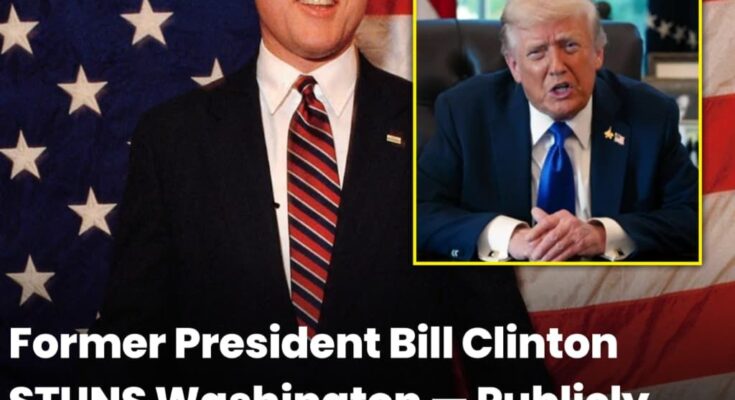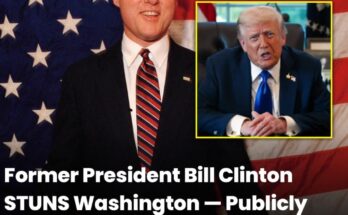Former President Bill Clinton Gives Trump Credit for Brokered Gaza Ceasefire and Hostage Release — A Move Obama Couldn’t Deliver
Former President Bill Clinton has publicly praised President Donald Trump for his role in securing the recent ceasefire and hostage release agreement between Israel and Hamas, marking one of the rare moments of bipartisan recognition in modern U.S. diplomacy. In a statement issued on October 13, 2025, Clinton credited Trump, Qatar, and other regional partners for “keeping everyone engaged until the agreement was reached,” acknowledging that the deal brought long-awaited relief after months of devastating conflict.
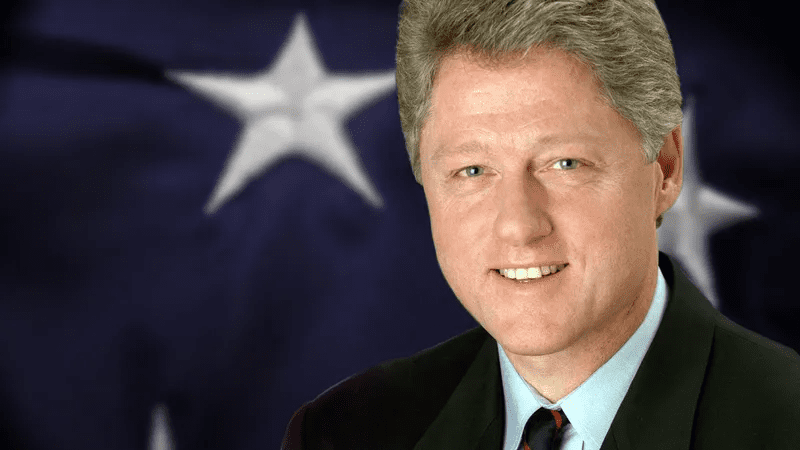
Clinton’s remarks came as a surprise to many observers, especially given his history of tense political rivalry with Trump. Yet, his tone was unmistakably genuine and measured, emphasizing gratitude for the progress achieved rather than partisanship. “President Trump and his administration, Qatar, and other regional actors deserve great credit for keeping everyone engaged until the agreement was reached,” Clinton said. He went on to encourage both sides to use this fragile truce as a foundation for “lasting peace that provides dignity and security for both Palestinians and Israelis.”
The statement followed reports confirming that all remaining hostages taken during the October 7, 2023, attack had been freed as part of the ceasefire framework. Clinton acknowledged the suffering endured by civilians and the immense toll of the conflict, calling the humanitarian crisis “hard to watch and nearly impossible to rationalize.” His statement struck a balance between moral reflection and pragmatic optimism, offering hope that cooperation — even among unlikely partners — can still change outcomes in one of the world’s most entrenched conflicts.
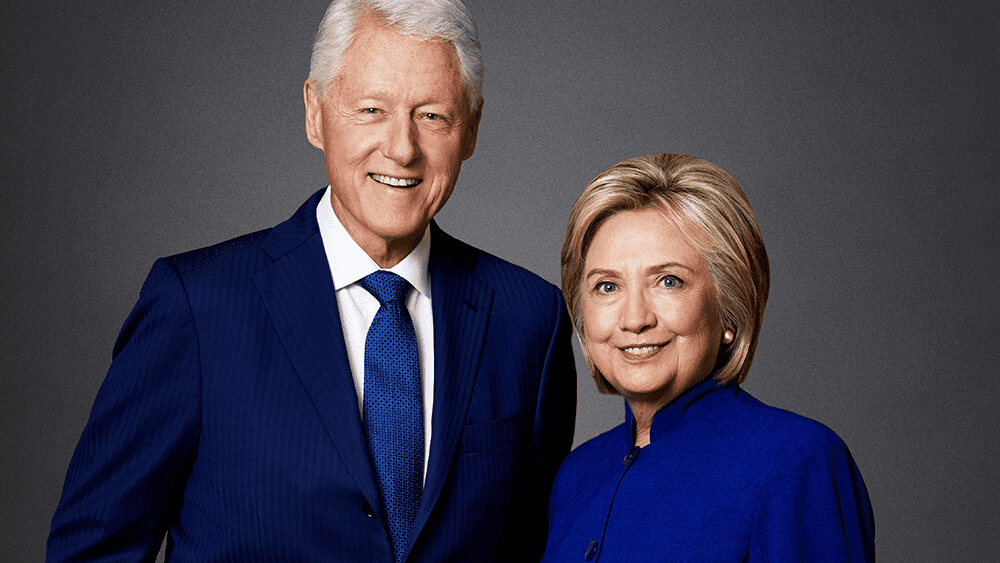
For Trump, Clinton’s words represent more than mere acknowledgment — they signal a shift in tone from the political establishment. For years, Trump’s critics dismissed his approach to foreign policy as impulsive or self-serving. But the successful mediation of this ceasefire, coordinated alongside Qatar and Egypt, has forced even his former opponents to admit that results speak louder than rhetoric. Clinton’s statement aligns with comments from several international diplomats who privately credited Trump’s persistence in pushing for a direct framework rather than prolonged multilateral talks that often collapse under competing agendas.
The White House confirmed that Trump had personally been in communication with Israeli Prime Minister Benjamin Netanyahu and Qatari officials throughout the final 72 hours of negotiation. Reports indicate that the U.S. administration helped facilitate the logistics of the prisoner exchange while maintaining pressure on both parties to honor commitments under the humanitarian clauses of the agreement. Senior Middle East analysts have described the deal as the “most significant de-escalation since the Abraham Accords,” a comparison that further cements Trump’s growing reputation as a broker of peace through strength.
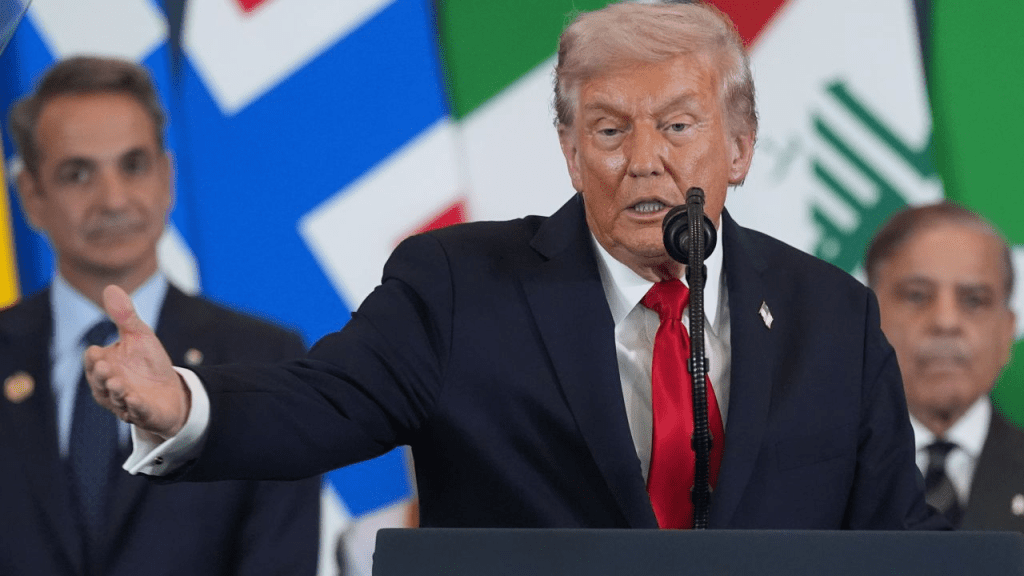
Clinton’s decision to publicly praise Trump was not made lightly. Insiders close to the former president described his move as “a matter of conscience,” noting that Clinton viewed the hostage release as a moral victory that transcended political boundaries. “Now Israel and Hamas — with the support of the United States, the region, and the world — must try to turn this fragile moment into lasting peace,” he wrote. That tone of cautious optimism echoed the global sentiment shared by European and Arab allies alike, who hailed the ceasefire as an essential first step toward long-term regional stability.
While critics warn that ceasefires in Gaza are often temporary, the optics of two former presidents on opposite sides of history aligning on a single message — peace — carry enormous symbolic weight. In an era defined by division, Clinton’s public gratitude adds legitimacy to Trump’s foreign policy credibility, offering proof that cooperation between political adversaries is still possible when the stakes are human lives, not partisan points.
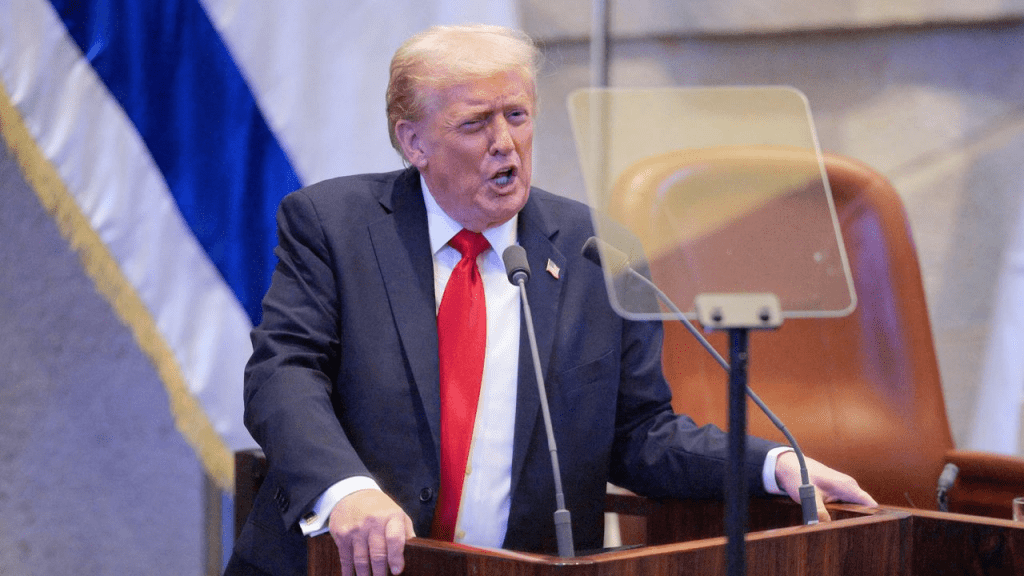
Trump, who was later seen addressing the international press, thanked those involved but deflected personal praise. “This was about saving lives, not politics,” he said. “We brought everyone to the table and made sure no one walked away until people were brought home.”
Whether this ceasefire holds or not, the event marks a pivotal chapter in both men’s legacies — one rooted in diplomacy, restraint, and unlikely unity. Bill Clinton’s words have effectively reframed Trump’s image on the world stage, painting him not only as a dealmaker but as a peace broker whose actions speak across the aisle.
